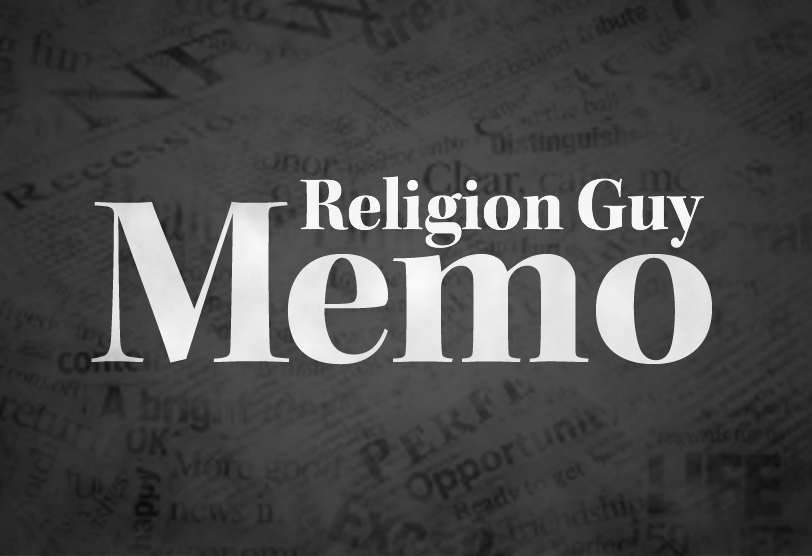Every few years, like clockwork, American newspapers roll out pre-election features about a revival of activity on what can accurately be called the “Religious Left” — even if few journalists have granted it the upper-case-letter status of the ominous Religious Right.
From Day 1 here at GetReligion, I have argued that activity on the theological and political left is one of the most overlooked stories of recent decades. I have at least three reasons for saying that:
(1) The demographic implosion of the denominations known as the Seven Sisters of liberal Protestantism — the decline escalated in the late ‘70s and the ‘80s — left room in the American public square for the emergence of modern evangelicalism. Religious progressives, however, maintained crucial high ground in elite institutions of the left and right coasts.
(2) Progressive Catholics have always played a crucial role in the Democratic Party, even as — at the ballot box — it was easy to see a growing divide between liberal “cultural Catholics” and more conservative Catholics who worship once a week or even more.
(3) Journalists tend to focus on religious liberals as a political force, while paying little or no attention to THEOLOGICAL trends on that side of the church aisle (other than changes that affect LGBTQ issues).
Theological questions will be even more important for the Religious Left in the future, as the political left grows more and more secular (think atheists, agnostics and “nones”). How will this affect, for example, crucial ties to African-American churches, which tend to be more conservative on moral issues? And while we are at it, check out this new chart from political scientist (and progressive Baptist pastor) Ryan Burge, a GetReligion contributor (whose Twitter feed has been on fire the past couple of days).
I bring all of this up because of a fascinating video chat that took place the other day between United Methodist conservative Mark Tooley of the Institute on Religion and Democracy and veteran progressive scribe Jack Jenkins — formerly of ThinkProgress and the Center for American Progress — who now covers national news for Religion News Service. The subject is a new book by Jenkins with the logical title, “American Prophets: The Religious Roots of Progressive Politics and the Ongoing Fight for the Soul of the Country.”



